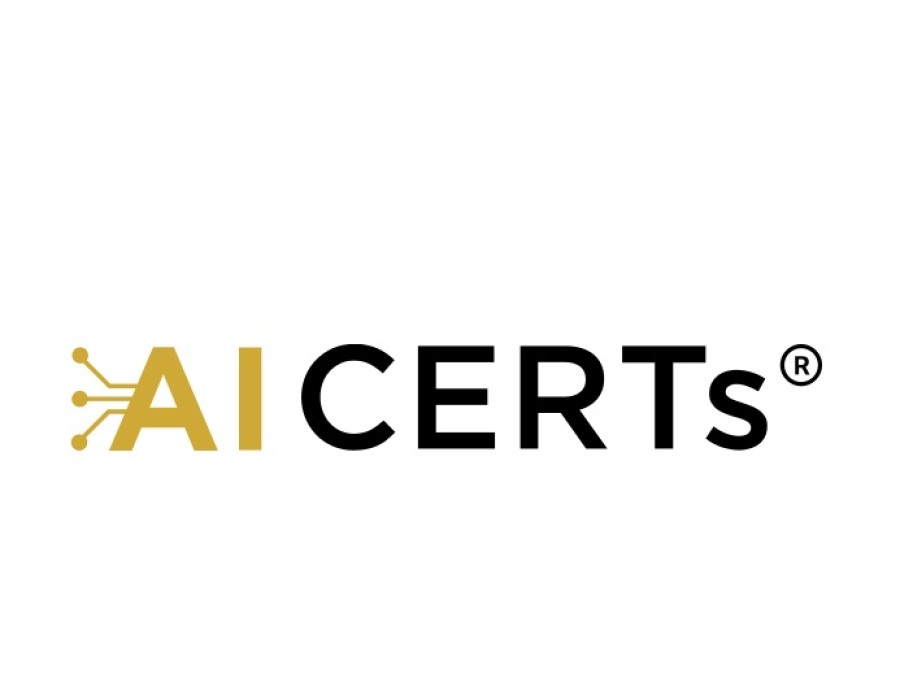Artificial Intelligence is reshaping industries, societies, and everyday life. From healthcare diagnostics to financial systems and autonomous vehicles, AI is becoming a powerful decision-making tool. Yet with great potential comes equally great responsibility. Concerns around bias, fairness, privacy, and accountability are growing rapidly, creating a new demand for professionals who specialize in guiding AI systems responsibly. If you are passionate about technology and social responsibility, understanding how to Build a Career in AI Ethics could open exciting opportunities.
Why AI Ethics Matters Today
AI is no longer confined to research labs; it is everywhere—streaming platforms, hiring software, and even medical diagnoses. But unchecked, AI can reinforce discrimination, invade privacy, or lead to harmful decision-making. That’s why organizations are recognizing the importance of embedding ethical frameworks into their AI strategies. Businesses, governments, and NGOs now see the value of experts who can ensure AI is not just efficient but also fair and transparent.
A career in AI ethics is about more than technology—it’s about building trust and creating systems that serve humanity responsibly.
Step 1: Strengthen Your Knowledge Foundation
A solid understanding of both AI technologies and ethical theories is essential. Most AI ethics professionals come from diverse backgrounds—computer science, philosophy, law, psychology, or data science. Regardless of your starting point, structured programs can help you gain credibility in this field. For instance, pursuing an AI ethics certification allows you to showcase expertise while demonstrating a commitment to ethical responsibility in technology.
Step 2: Explore Governance and Regulatory Needs
As AI expands, so does the demand for experts who can guide organizations through regulatory and policy challenges. Companies are hiring professionals to oversee compliance with international frameworks such as GDPR, UNESCO’s AI recommendations, and government-issued AI guidelines. This is where AI governance roles come in—positions focused on ensuring AI systems are transparent, compliant, and ethically aligned with organizational values.
These roles often combine technical knowledge with policy awareness, making them perfect for those who want to bridge the gap between technology and societal responsibility.
Step 3: Learn Practical Skills for Ethical AI
While theoretical knowledge is vital, real-world application sets professionals apart. Ethics in AI is not just about principles—it’s about integrating fairness, accountability, and transparency into everyday design. That’s why it’s important to learn AI ethical practices, such as bias detection, explainability techniques, data privacy methods, and fairness testing. These practical skills help ensure AI models align with both human values and regulatory requirements.
Step 4: Gain Hands-On Training
Employers increasingly value candidates who can apply ethical frameworks in practical settings. This makes professional training an essential step. By enrolling in specialized programs or workshops, you can deepen your skills in responsible AI deployment. Platforms offering AI ethical AI training provide interactive modules where you work on real-world case studies, ensuring that you know how to balance innovation with ethical responsibility.
Step 5: Broaden Your Scope with Governance & Ethics
AI ethics is not a standalone field—it intersects with corporate governance, risk management, and compliance. Professionals who undergo AI governance and ethics learning acquire cross-functional knowledge, allowing them to advise organizations on both strategy and execution. This positions them as valuable assets in industries where AI decisions impact millions of lives.
Step 6: Build a Professional Network
AI ethics is still a growing discipline, which means networking can accelerate your career growth. Attend conferences, join think tanks, or participate in global initiatives related to responsible AI. Many professionals collaborate with universities, NGOs, and startups working on ethical frameworks, gaining visibility and credibility within the community.
Step 7: Shape Your Path in AI Ethics
A career in AI ethics is not a single, fixed path—it can lead to roles in research, governance, consulting, or even policymaking. Some professionals focus on developing ethical algorithms, while others advise governments on regulation. As the field grows, new opportunities continue to emerge across industries.
Conclusion
The growing importance of ethics in AI is undeniable. Organizations worldwide are searching for professionals who can ensure technology remains fair, safe, and aligned with human values. A career in AI ethics combines technical skills with social responsibility, offering a unique and meaningful way to contribute to the future. By strengthening your knowledge, building practical expertise, and engaging with global AI governance discussions, you can become part of the movement that ensures AI benefits society as a whole.






Comments